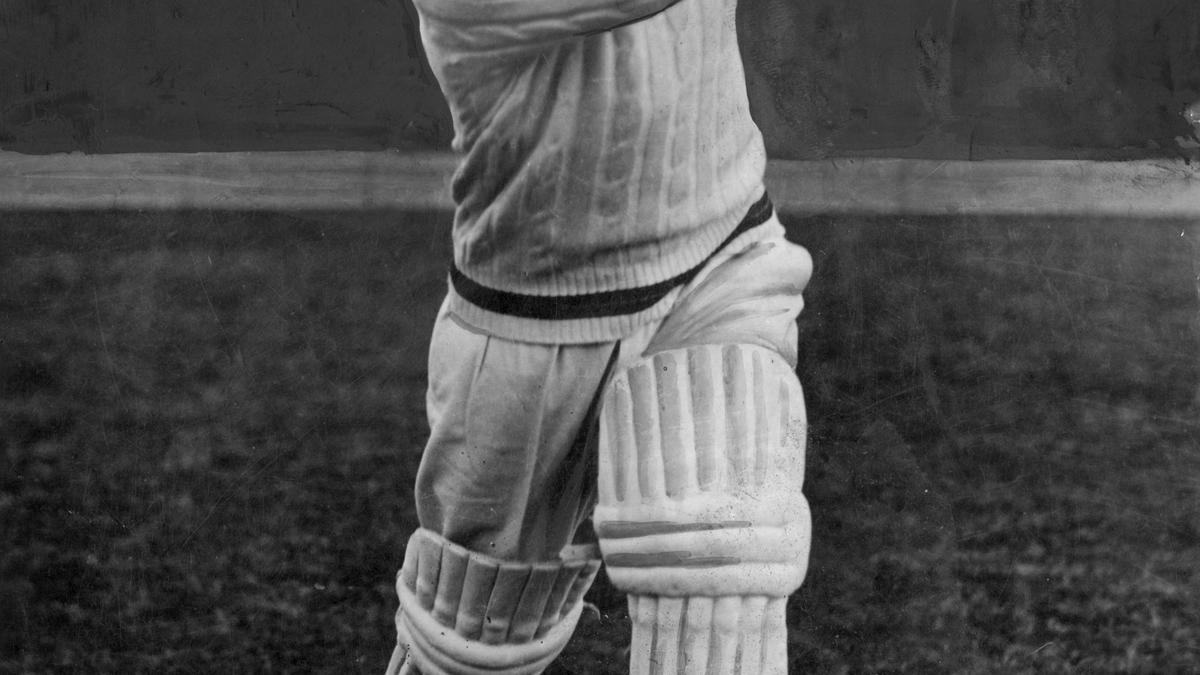Sir Donald Bradman, the legendary Australian cricketer, was born in Cootamundra, New South Wales, on August 27, 1908. However, his family relocated to Bowral, a town 265 miles away, where he spent his formative years. This earned him the nickname “The Boy from Bowral.”
Bradman’s cricketing prowess was evident from an early age. He made his Test debut in 1928 and went on to play 52 Tests, scoring a staggering 6,996 runs at an astonishing average of 99.94. Of these Tests, 37 were against England, five against India, and the remaining 10 against South Africa and the West Indies.
Bradman’s batting was characterized by its elegance, precision, and an uncanny ability to score runs at a rapid pace. He holds the record for the most double centuries or more, with 12 to his name, including two triple centuries.
Two Test wickets stand out in Bradman’s illustrious career. Ivan Barrow of the West Indies and Wally Hammond of England were the only two batsmen to dismiss him in Test matches.
Bradman’s career average of 99.94 is considered the holy grail of cricket. It is said that if he had scored four runs in his final Test innings, his average would have been a perfect 100. However, he was dismissed for a duck by England spinner Eric Hollies, denying him this elusive milestone.
Another notable incident in Bradman’s career occurred when Indian bowler Lala Amarnath dismissed him “hit-wicket.” Bradman was so impressed by Amarnath’s bowling that he later remarked that his “batting reminded me of my own batting” and dubbed him “Little Bonzer.”
Bradman’s legacy extends beyond his cricketing achievements. He was a true gentleman of the game, known for his humility and sportsmanship. He was also a successful businessman and philanthropist.
Bradman passed away on February 25, 2001, at the age of 92. He remains an icon of Australian cricket and one of the greatest batsmen of all time.






